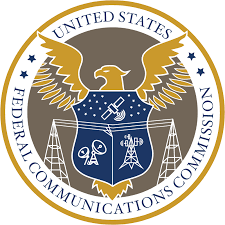Nushagak Cooperative Driving Fiber To Rural Alaskan Communities For The First Time
Data unsurprisingly ranks remote Alaska dead last when it comes to the availability of affordable broadband. That’s particularly true in areas like Bristol Bay, an area the FCC’s updated broadband maps suggests lacks access almost entirely. But as with most underserved regions, local cooperatives are at the forefront of efforts to finally address the problem.
Launched in 1975, the member-owned Nushagak Electric & Telephone Cooperative, based in Dillingham, Alaska, offers locals broadband access through microwave towers; often the only way to provide service across Alaska’s rugged landscape. But the co-op, which also offers a electric, telephone, and cable TV service, says it’s on the cusp of new fiber deployments that should finally bring next-generation speeds to a chunk of the co-op’s members.
The co-op has been working since 2021 on a $22.4 million plan to expand more reliable fiber to the region. The project is partially funded by the USDA ReConnect program as well as $6.5 million in term loan money from the National Rural Utilities Cooperative Finance Corporation. The cooperative will also use $784,000 of its own money to get the project underway.




